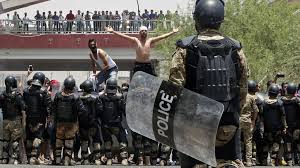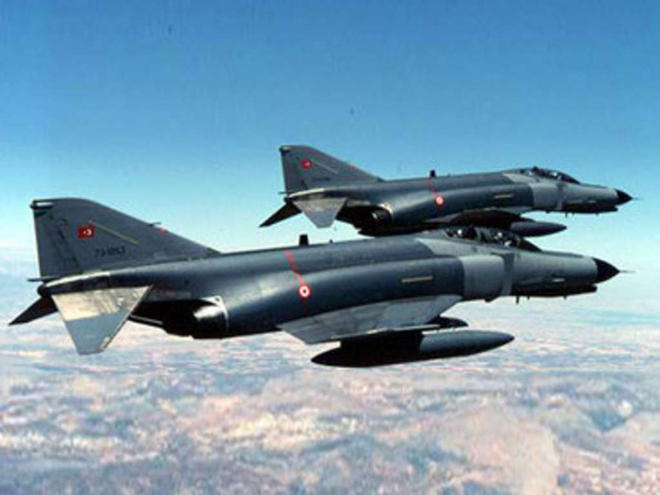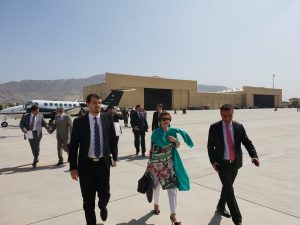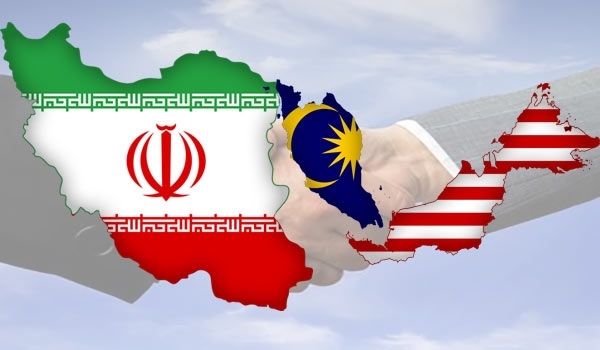Download PDF :


Financial Times (22 July 2018)
Few symbols of the weak Iraqi state have been spared during protests that have swept across the country’s oil-rich south. Demonstrators have attacked government buildings, burnt the offices of political parties, stormed the airport in Najaf and blocked roads into Basra’s Umm Qasr port. Protests have also erupted outside oil and gasfields, threatening the economic lifeline for Opec’s second-biggest producer. It is the most serious popular unrest in Iraq for years and underscores the dangerously widening gap between Iraqis and the ruling elite, just eight months after Baghdad and its western allies celebrated victory over Isis. As one problem has eased, other festering issues have resurfaced. Iraq’s summer has long been a catalyst for demonstrations as citizens face electricity and water shortages in extreme temperatures and stifling humidity. But the protesters’ overriding message is that they are fed up with their leaders, whom they accuse of looting oil wealth, neglecting promises and failing to build an effective state 15 years after the US-led coalition toppled Saddam Hussein with pledges of democracy and development. Iraq has made significant security gains since Baghdad declared victory over Isis in December. The defeat of the jihadis prompted rare optimism that a window of opportunity was opening for the nation. But the end of the gruelling three-year battle has also refocused Iraqis’ minds on perennial frustrations over corruption, joblessness and poor public services — all of which have created fertile recruitment grounds for extremists. To quell the unrest, prime minister Haider Al-Abadi has dispatched additional security forces to the south, including counter-terrorism units who were at the forefront of the fight against Isis but are now being deployed to protect infrastructure from demonstrators. Several people have been killed as security forces have used live rounds, water cannons and tear gas. The government curbed internet access and blocked social media sites. Such heavy-handed tactics are only likely to fuel deeper resentment. And few will be reassured by Mr Abadi’s promises to fight corruption and improve services. Iraqis have heard the same pledges since Saddam was ousted, and many have lost hope in an ethno-sectarian political system they view as a barrier to progress. The proportional representation system was designed after 2003 by US and Iraqi officials, who intended that it should be inclusive. But it has produced dysfunctional coalitions where no group has won a working majority and rivals with their own patronage networks have come together in government. Cabinet seats are doled out on the basis of “quotas” rather than ability — a process that typically takes months. Millions of Iraqis expressed their disdain for the system at the May 12 parliamentary election by at staying home. Turnout was a record low of 44.5 per cent. “The majority of the people don’t believe in the elections,” says an Iraqi businessmen. “They don’t want to see the same faces ruling Iraq because there’s no point. If the parties are corrupt, how can they fight corruption?” Recommended Analysis Middle Eastern economy Iraq’s new government hamstrung by old economic woes A political alliance led by Moqtada al-Sadr, the populist Shia cleric, won the largest number of seats and has said it will establish a government of technocrats. But the reality is the next administration is likely to differ little from its predecessor. Coalition-building has been further complicated by allegations of voter fraud that have raised tensions and led to a partial recount. The result is a country gripped by political paralysis and mounting anger. The government may succeed in suppressing the latest protests. But as long as the political process delivers weak administrations that fail to address people’s grievances, it is simply storing up problems. “Iraq is kind of in a pre-revolutionary mode,” says Renad Mansour, an Iraqi analyst at Chatham House. “The ingredients are there — Iraqis wants systemic change.”
https://www.ft.com/content/40cdc0e4-89e7-11e8-b18d-0181731a0340

 IRAQ’S POLITICAL PARALYSIS AND UNREST STOKE INSTABILITY FEARS
Iraq
22.07.2018
IRAQ’S POLITICAL PARALYSIS AND UNREST STOKE INSTABILITY FEARS
Iraq
22.07.2018
 TURKISH AIR FORCE ELIMINATES 8 TERRORISTS IN NORTHERN IRAQ
Iraq
22.07.2018
TURKISH AIR FORCE ELIMINATES 8 TERRORISTS IN NORTHERN IRAQ
Iraq
22.07.2018
 PAKISTAN’S FOREIGN SECRETARY ARRIVES IN KABUL FOR APAPPS INAUGURAL SESSION
Asia - Pacific
22.07.2018
PAKISTAN’S FOREIGN SECRETARY ARRIVES IN KABUL FOR APAPPS INAUGURAL SESSION
Asia - Pacific
22.07.2018
 MALAYSIA CALLS FOR BROADENING OF TIES WITH IRAN
Asia - Pacific
22.07.2018
MALAYSIA CALLS FOR BROADENING OF TIES WITH IRAN
Asia - Pacific
22.07.2018




























